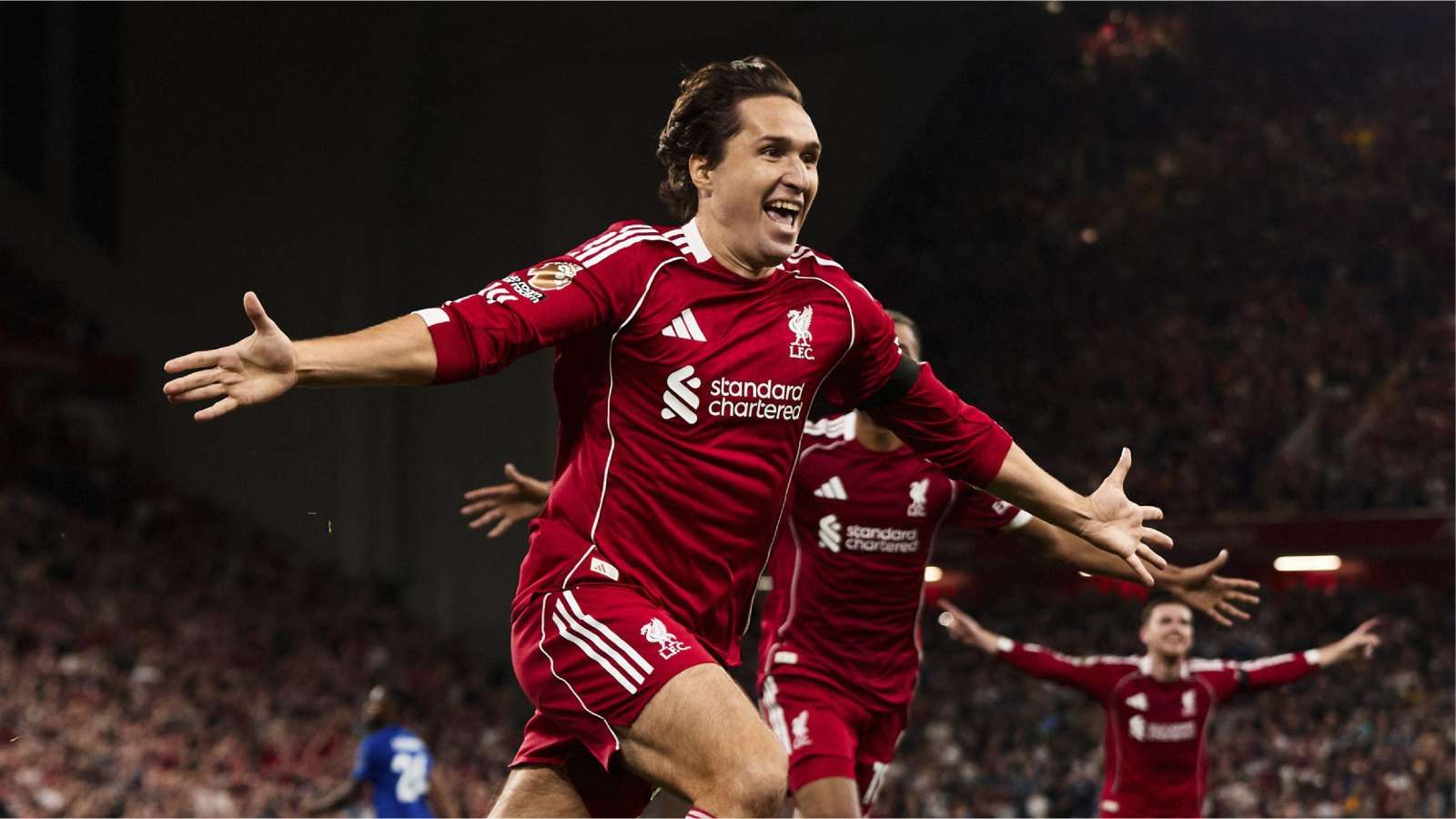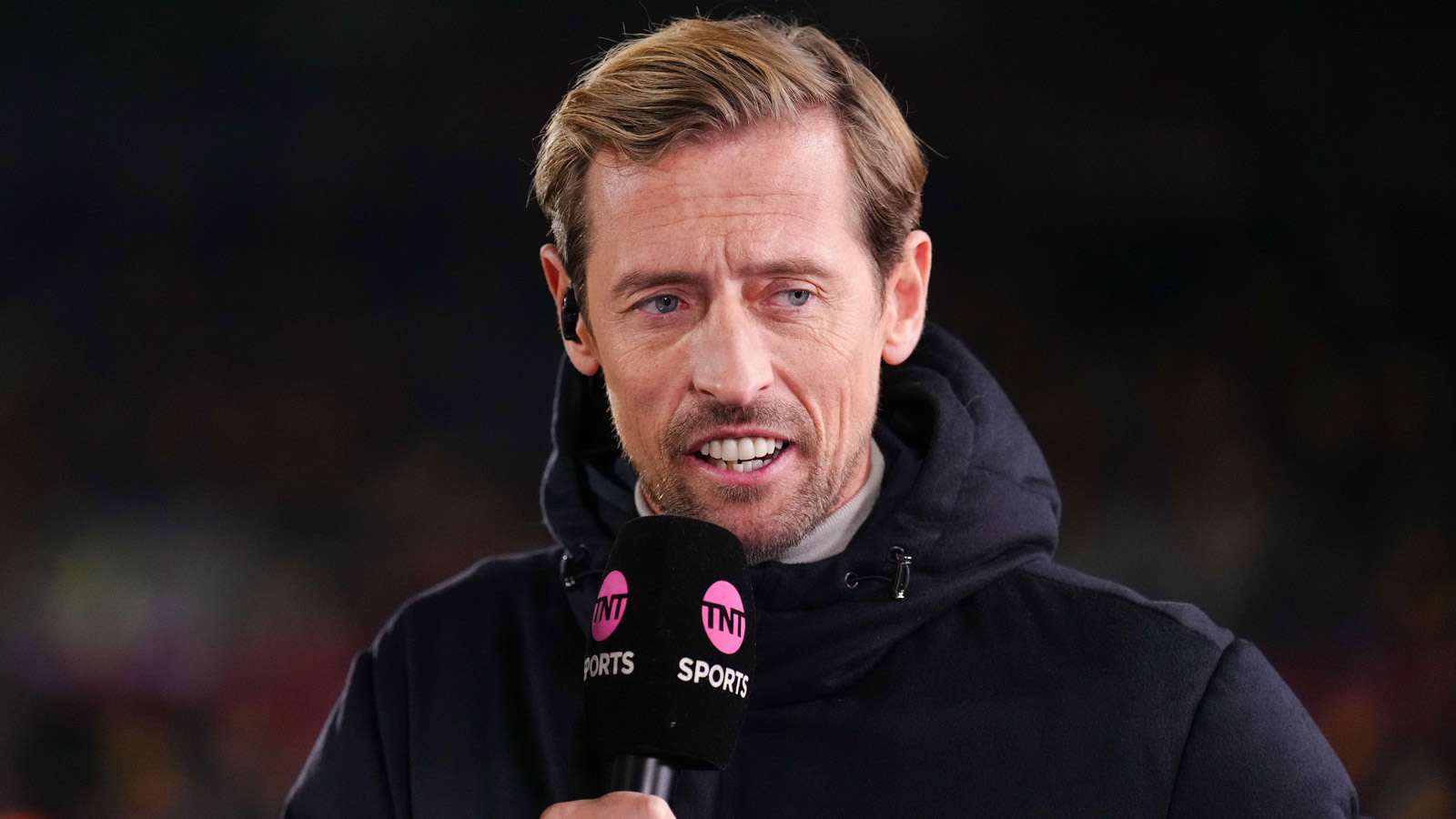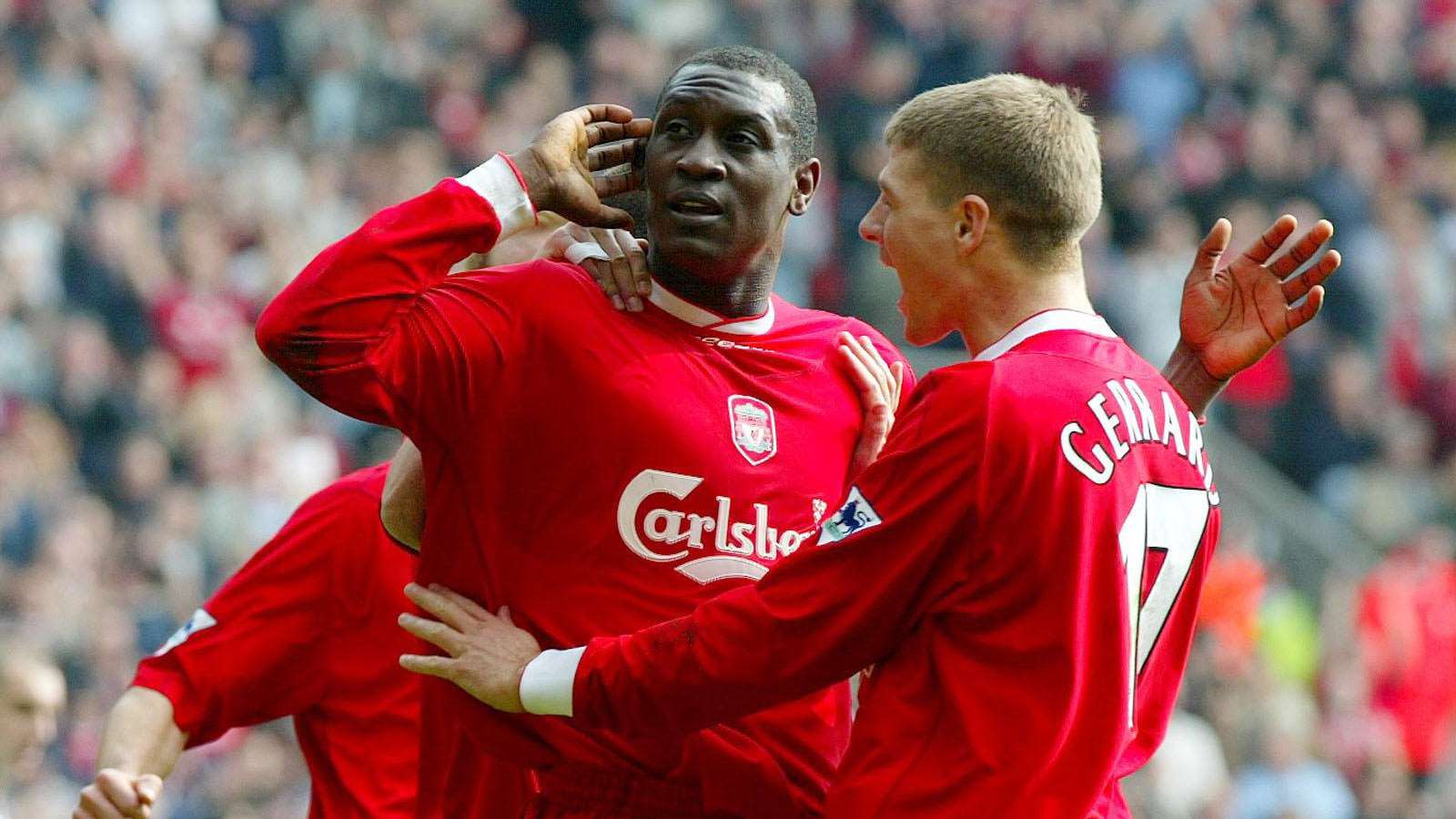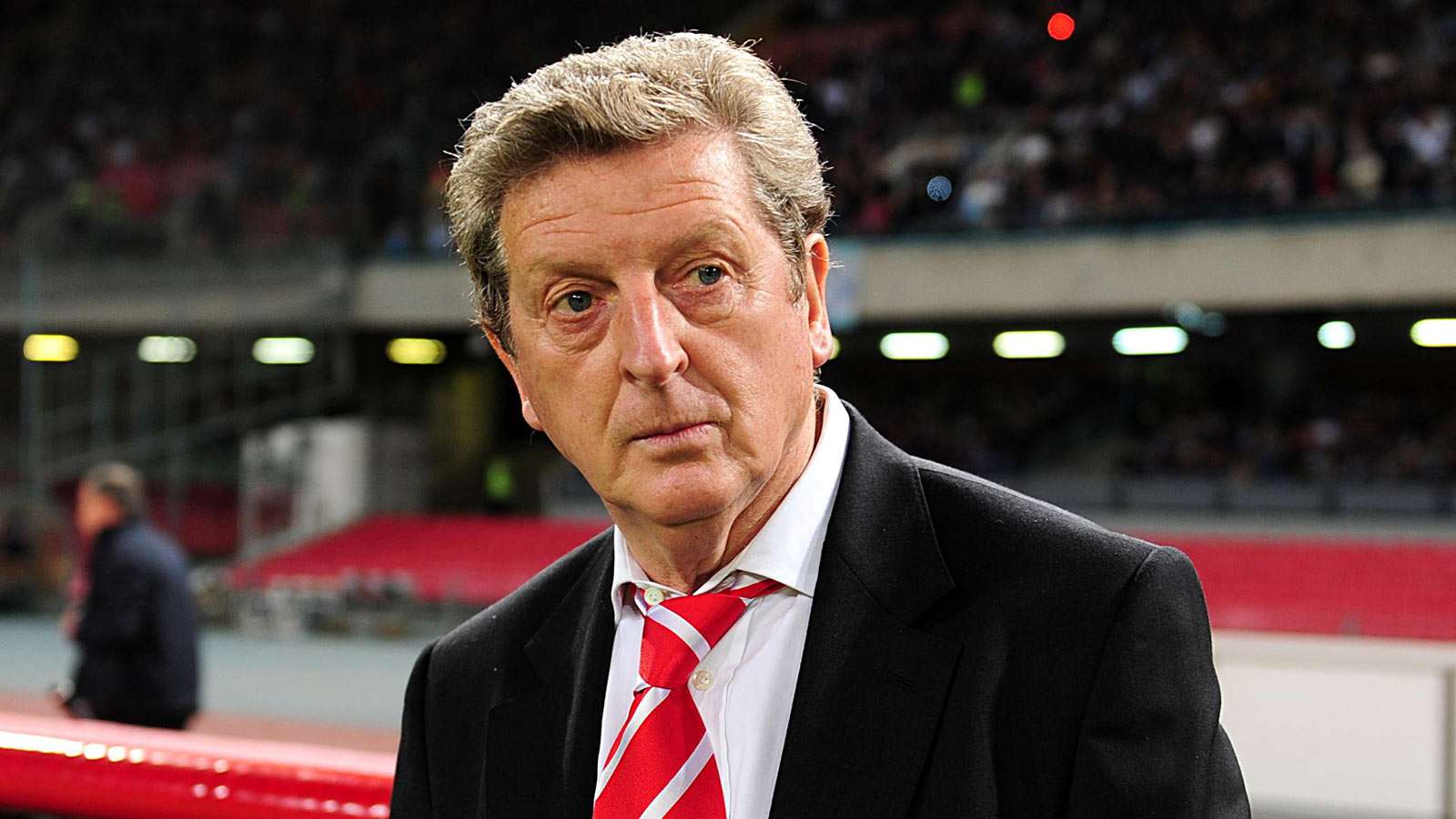Liverpool looked set to salvage a point late in the game, but a stoppage-time winner from Eddie Nketiah cruelly denied the Reds any reward. Beyond the heartbreak, this was a match that highlighted deeper structural flaws and tactical issues that have been papered over by a series of dramatic late victories earlier in the season.
Perhaps this defeat was always going to happen the cracks were becoming impossible to ignore.
1) £125mman Alexander Isak blanks
Alexander Isak, the £125 million signing, started as the only retained player from the Carabao Cup XI due to Hugo Ekitike’s suspension. Yet, for much of the match, he struggled to justify the price tag. Isak had a couple of half-chances, one steered wide and another over the bar, but was largely anonymous in a game that demanded sharpness and decisive action.
The biggest structural change came with Florian Wirtz playing on the left rather than his usual No.10 position. This tweak allowed Liverpool’s midfield from last season to return, with Szoboszlai and others slotting back into more familiar zones. Yet, rather than stabilising the team, the adjustment highlighted a lack of cohesion.
Wirtz, though talented, struggled to find space and influence the game effectively from the left. His off-the-ball movements often left gaps in the transition, and in possession, he rarely received support in dangerous areas. The Reds’ shape resembled a 4-2-2-2, but there was little fluidity, and Palace exploited the spaces with ruthless efficiency.
2) First-half woes – Palace dominance
Just seven minutes in, Palace took the lead. A well-delivered corner found Ismaila Sarr, who tapped home to put the Eagles ahead. Arne Slot received a booking for protesting the corner award, which replays clearly suggested shouldn’t have been given. Alisson Becker was forced into action immediately after, pulling off a superb save to deny Palace a second.
Liverpool had a chance to respond soon after, but a free-kick was left to Mohamed Salah, and the effort came to nothing. Palace continued to dominate, with Alisson again saving attempts from Daniel Muniz and Jean-Philippe Mateta. The home side could have been four goals up by halftime. Konate struggled defensively and picked up a booking for a foul on Mateta, while Liverpool’s best chance fell to Konate from a corner, which he headed wide. Half-time might as well have been 5-0 for Palace. The champions simply did not turn up in the first half.
3) Substitutions spark hope but aren’t enough
The second half offered a brief glimpse of revival. Cody Gakpo replaced Conor Bradley at the interval, with Dominik Szoboszlai moving to right-back. Liverpool improved, with Gakpo forcing a shot wide and Wirtz nearly converting from close range. Isak’s efforts were steered wide or over the bar, while Szoboszlai’s shot was inadvertently diverted by Salah over the bar.
Slot reshuffled again, sending Konate off and deploying Gravenberch at center-back. Even with these changes, the two £100 million signings struggled to influence the game. Liverpool eventually found the net in the 87th minute through substitute Federico Chiesa, only for Crystal Palace to snatch victory in the 97th minute through Eddie Nketiah. Despite the late goal, Liverpool didn’t deserve anything from the match.
4) Eagles are flying as Palace’s unbeaten run continues
Before kick-off, Crystal Palace’s X bio simply read: “17 unbeaten.” That streak has now been extended to 18, setting a new club record that dates back to 1969. Palace’s confidence was evident throughout, and though they failed to fully capitalise on a slew of chances, their dominance in the first half meant Liverpool had no right to complain. Glasner’s team is well-drilled and disciplined, and the Reds were made to pay for a poor opening 45 minutes.
Marc Guehi, once linked with Liverpool, marshaled Palace’s left side with composure, keeping Salah under constant observation and organising his teammates.
5) The pattern of papered-over cracks
Liverpool’s recent run of late winners has disguised the underlying structural weaknesses in the squad. Matches that should have been more comfortably controlled were often decided in stoppage time, masking issues like a lack of creativity, insufficient goal threat, and shaky defensive organization. This defeat, therefore, felt inevitable not due to a lack of effort, but because the cracks that had been hidden by luck and last-minute heroics were finally exposed.
This defeat could be the reality check that forces Arne Slot and his squad to confront their weaknesses before they face stiffer challenges ahead. In football, luck eventually evens out, and perhaps this was Liverpool’s moment of reckoning.




